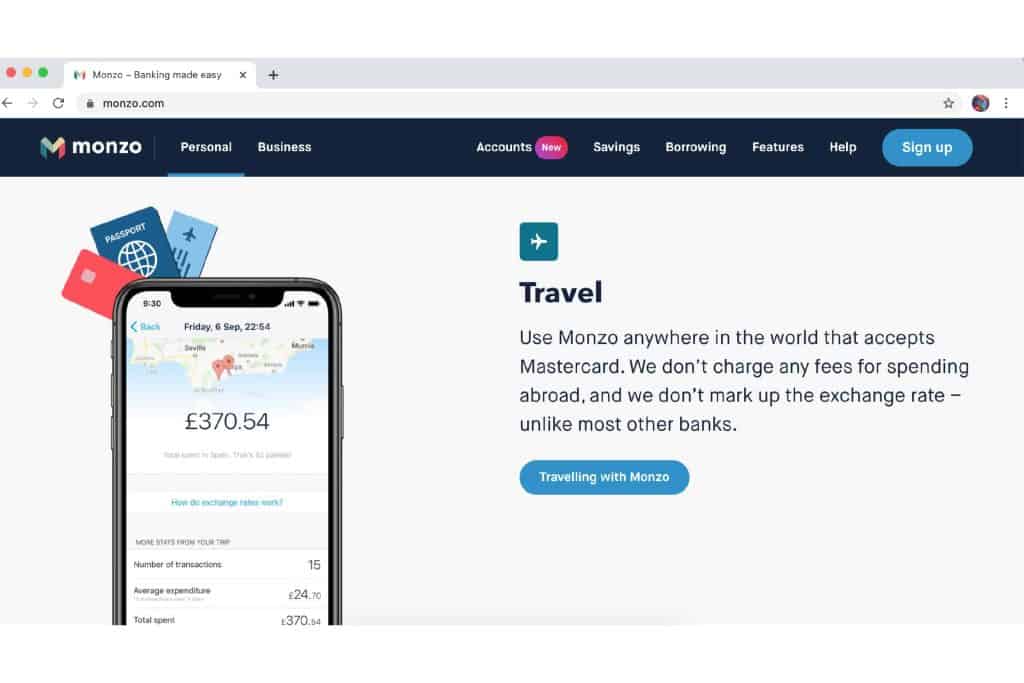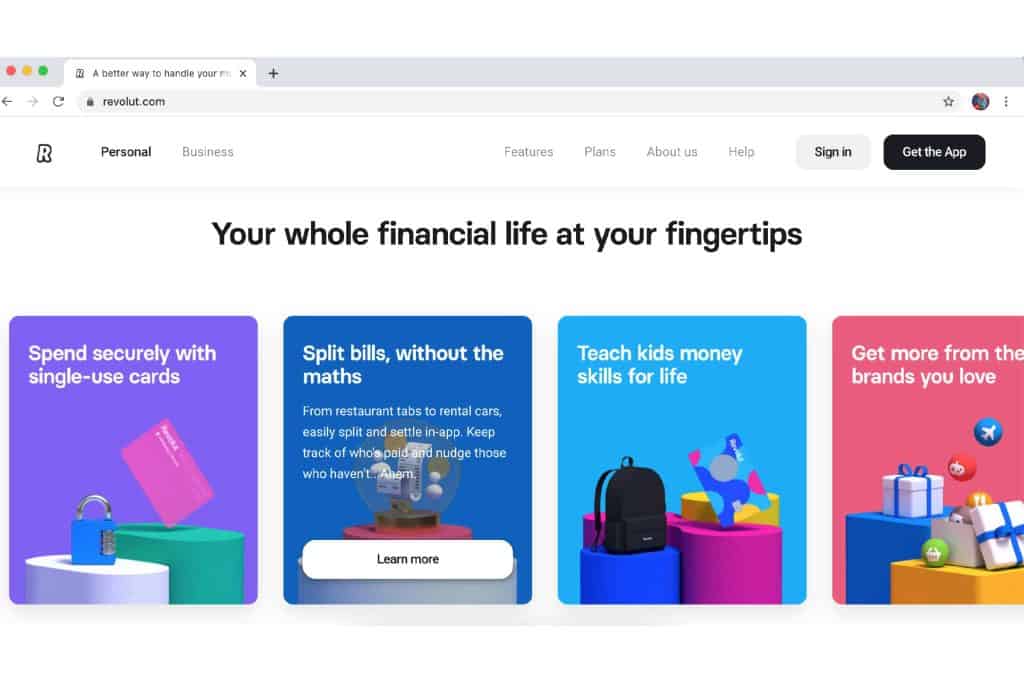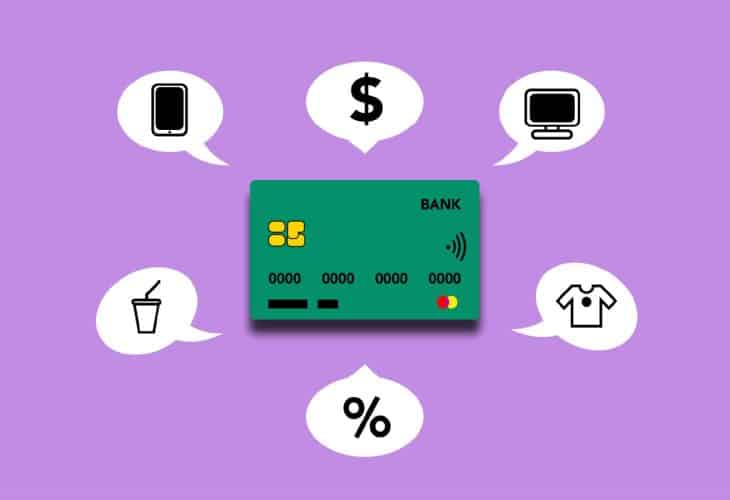Money Matters: What is a Challenger Bank?
Setting up a bank account in the UK inevitably involves a trip to one of the high street’s stalwarts. In the UK, names like HSBC, Barclays and Lloyds have had a stranglehold on the industry for decades. Over in the US, JP Morgan Chase, Wells Fargo and Citbank have had a similar monopoly.
That dominance is slowly beginning to wane though, as the rise of the ”Challenger Bank” shakes up the banking industry.
So what is a Challenger Bank? How do they differ from regular banks? Read on to find out how you could benefit from this financial revolution…
So – What is a Challenger Bank?
Before we talk about benefits, let’s explain what the term “Challenger Bank” actually means.
For the most part, challenger banks bear more resemblance to platforms like Paypal than to regular banks, although the gap is beginning to close.
Most of these services offer a contactless debit card and an app for the administration and management of your money. However they don’t have physical branches like a regular bank.

In fact, it’s helpful to think of these alternative banks as simply “prepaid contactless cards with accompanying mobile apps”.
Over time, these prepaid card providers have grown their feature sets and some have even acquired real banking licenses to rival mainstream current or savings accounts.
Many Challenger Banks also now offer access to trading stocks and shares, with tools built into their apps to enable the buying and selling of shares. This makes them very valuable, and also positions them as great competitors to the likes of eToro for buying and selling Crypto and traditional shares.
What is a Challenger Bank? – And Why Would I Use One of These New Bank Cards?
There are many reasons to try out an alternative bank. The vast bulk of these companies will send you a debit card for free. They make money by applying a small fee for each transaction you make. Whilst that sounds like a worse deal than a regular bank’s debit card, there can be some huge advantages which we’ll look at below.
Travel
For a long time, this has been the number one reason for using a challenger bank. Many companies specifically advertise their services as being travel-orientated.

You load up the prepaid card with funds, and then use it abroad just like a regular credit or debit card.
The main benefit here is in withdrawal fees. High street banks charge each time you use an ATM in a foreign country. Their exchange rates are often terrible as well.
Challenger bank debit cards can have their balances swapped on-the-fly into any currency you like, so the ATM is “fooled” into thinking the card is local. That means the app provider handles the currency conversion. Often at a much more favourable rate.

There’s also an element of safety here as well. The apps that come with these cards have some quite clever features. For example they can lock the card if it’s used at a certain distance away from your smartphone, which is pretty neat!
What is a Challenger Bank? – Safety at Home and Online
As well as peace of mind whilst travelling, challenger bank cards also offer extra security at home.
Your main bank balance is kept safe if your prepaid card is hacked or stolen, and some brands offer “disposable” credit card numbers for one time anonymous online purchases. That means if a website is hacked, your details stay safe.

What is a Challenger Bank? – A Freelancer’s Delight
If you work for yourself, challenger bank cards can be a godsend. They negate the headache of applying for an expensive business account, and allow you to keep your finances separate and organised.
You can simply list your virtual bank details on invoices, and clients will be none the wiser. It’s also great for processing payments from foreign customers, as some of the providers allow you to have “virtual account numbers” to take payments in formats more comfortable to overseas buyers.

What is a Challenger Bank? – Which Challenger Bank Cards are the Best?
In the UK – the best options are Starling, N26, Monzo, Revolut, Transferwise, Nimbl and Loot to name but a few. In the US, the likes of Chime, Marcus (by Goldman Sachs), Stash and the N26 and Revolut again are the leading players.
Your mileage can vary greatly though. What works for one person might not be so good for another. So you should check the costs and features carefully.
What is a Challenger Bank? – In Summary
Challenger banks and their slick modern interfaces offer a glimpse into the future of banking and financial planning.

It’s early days still, but there are already some big players emerging in this sector and the future looks very promising for consumers looking to bank better.
If you live in the UK, we’ve already compiled this list of the Top 5 UK Challenger Banks which gives you a great overview of their benefits, features and costs.
